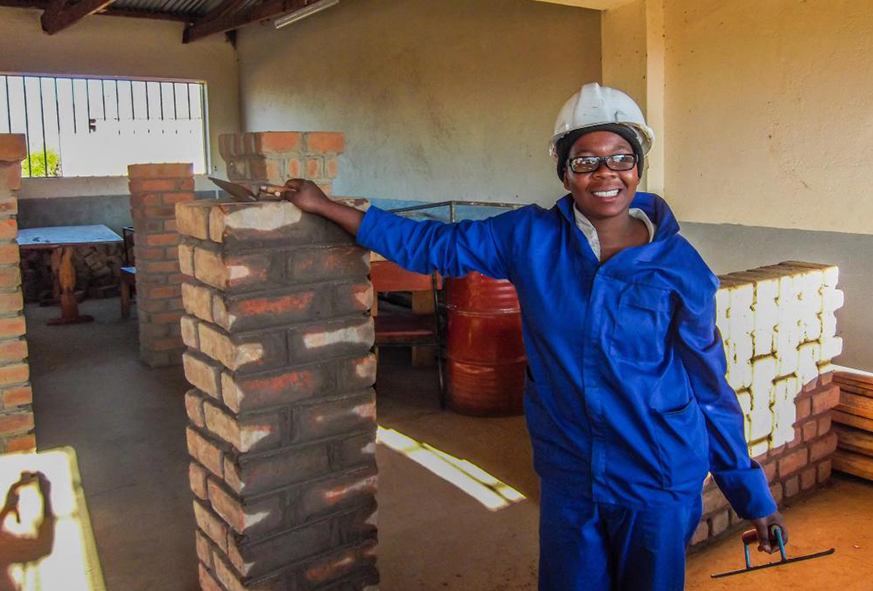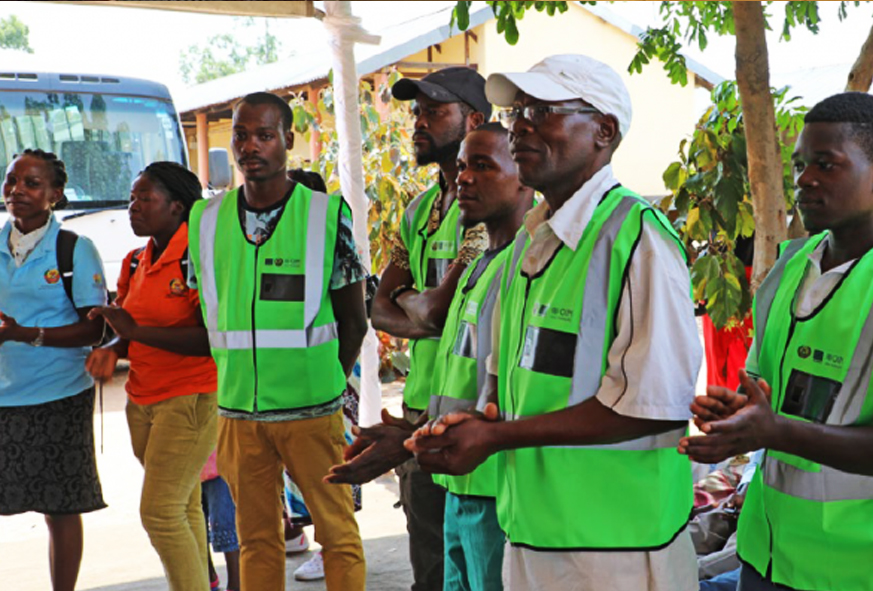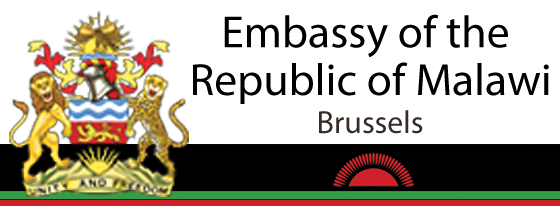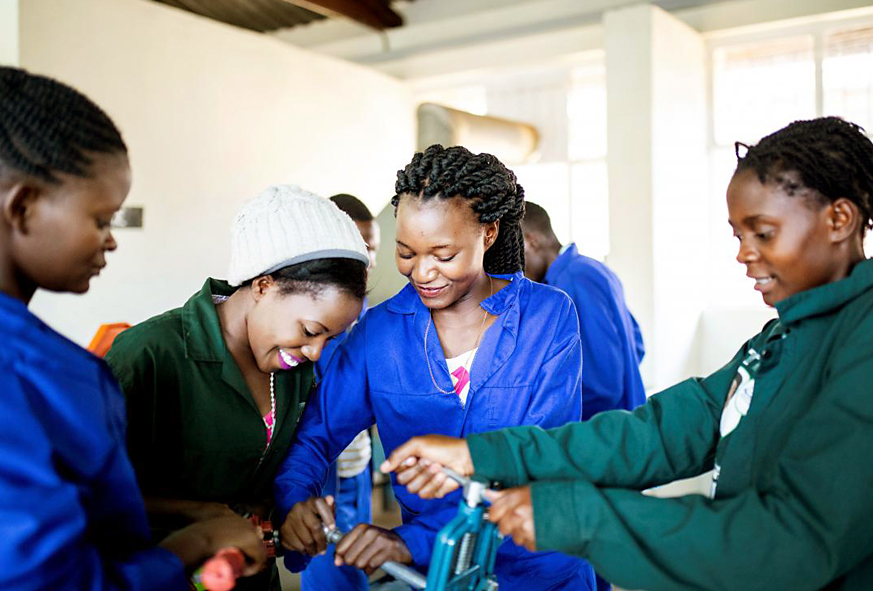W
ith a young population, Malawi has made progress in building its human capital in recent years. With greater knowledge, skills, and health, extreme poverty is falling and economic and structural reforms have been undertaken to sustain economic growth.
Malawi’s economic growth is expected to increase in the medium term. However, with the economy largely dependent on rain-fed agriculture, it is vulnerable to external shocks – particularly weather-related shocks. The business environment in Malawi needs to become stronger by diversifying its economy and building resilience.
Despite progress, Malawi continues to face a number of challenges, with high levels of poverty and inequality. The country’s current Growth and Development Strategy aims to overcome the challenges it is facing to build a productive, competitive and resilient nation. Running to 2022, it focuses on education, energy, agriculture, health and tourism.
EU's priorities:
The EU’s development priorities in Malawi are built on 3 pillars:
Economic growth, skills and jobs
As agriculture is Malawi’s economic backbone, representing 85% of employment and 90% of foreign exchange earnings, we focus on increasing and diversifying the production, mainly focused on maize and tobacco.
We also strive to improve the business environment for local entrepreneurs, provide education and vocational training to Malawians to enhance their employability, and foster Malawi’s closer economic integration in the region with its neighbours, both in terms of connectivity and trade exchanges


Accountability
It is critical to strengthen checks and balances in Malawi if we want to fight corruption, strengthen public finance management, and build institutional capacities. The EU also carries out electoral observation missions in Malawi.
We also support the development of civic education and better access to justice for the poorest people, and stronger civil society organisations and media
Support to the most vulnerable
To fight poverty, building resilience is a priority in Malawi given the country’s vulnerability to weather-related shocks. We aim at enhancing food and nutrition security and the population’s general resilience to climate change, notably by supporting the onboarding of climate-smart agricultural technologies. We also contribute to Malawi’s social protection programmes and gender is a crosscutting theme for all our cooperation with the country.
The impact
So far, our cooperation efforts in Malawi have brought the following results, via a blend of different implementation modalities (budget support, pool funding, a programme approach, and partially decentralised management):
Education and skills
21 secondary schools have been expanded, rehabilitated, and supplied with textbooks, allowing around 4,200 additionnal student to access secondary education every year.
Workshops have been built or rehabilitated in 20 technical training centres and 8 technical schools and test centres have been expanded. These changes allow every year on average 1,600 young Malawians, including 30% of women, to become skilled technicians.
Agriculture
-
Our support to this sector has greatly helped avoid deterioration in Malawi’s food insecurity situation, by promoting a more diversified agriculture.
-
760 acres of land have been put under irrigation, 27,8 million trees have been planted, and 3,000 hectares of existing natural forest are now properly managed.
Infrastructure
-
To date, thanks to our support, 1 million people have improved access to safe drinking water, while 250,000 people, including school children, have access to improved sanitation facilities.
-
A total of 2,448 km of rural roads have been rehabilitated and 217 bridges upgraded to concrete deck.
Read More



